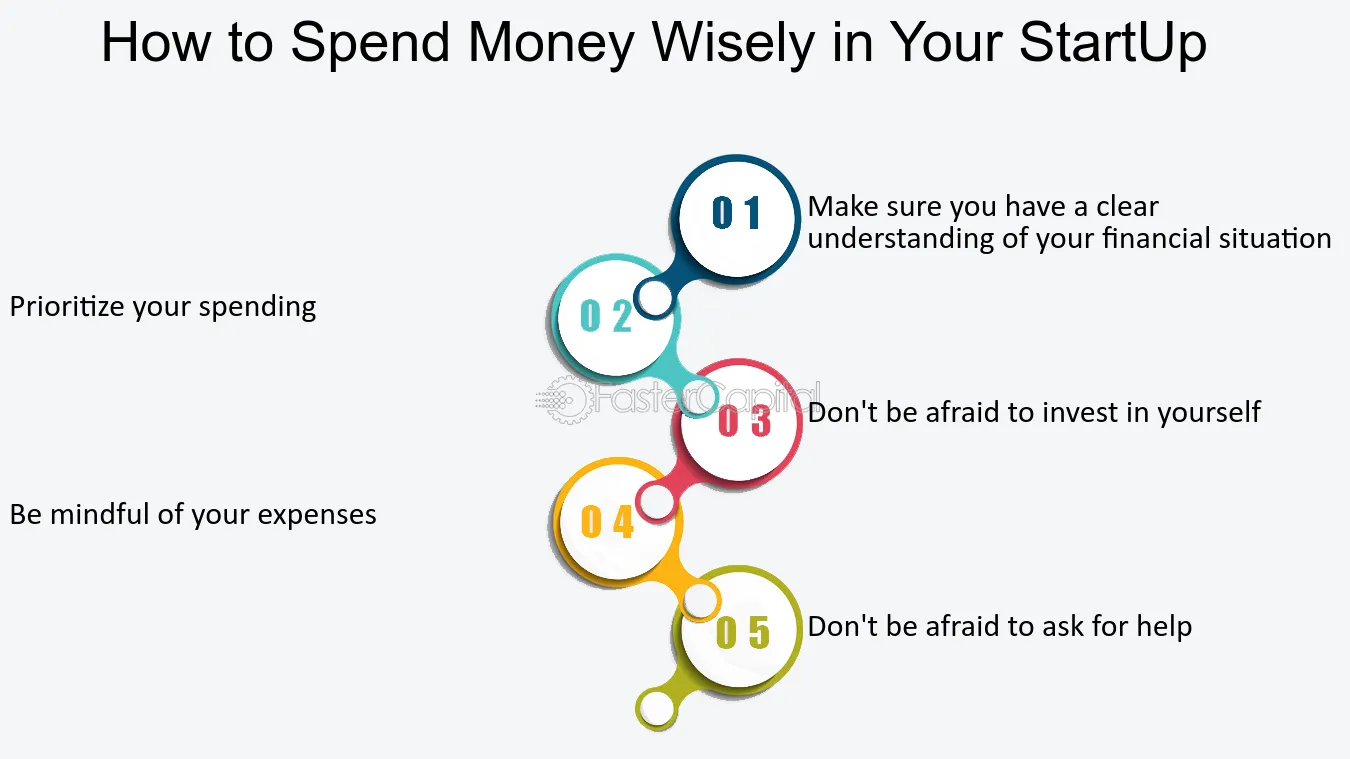The five keys to ensuring you don’t crash and burn – StartupSmart

 I’ve been writing about strategy and business matters for start-ups for some time now. While there are many issues that business owners face, both on a daily and ongoing basis, there are five key things that every entrepreneur needs to know.
I’ve been writing about strategy and business matters for start-ups for some time now. While there are many issues that business owners face, both on a daily and ongoing basis, there are five key things that every entrepreneur needs to know.
Here are the five keys to making your start-up a success:
1. Start with a compelling reason why
Having a clear reason why you’re going into business is important both to you and your customers.
Your reason why should start with a problem or a need that is currently unmet. It typically stems from having a strong understanding of the market and knowing how you can use your skills to solve a problem for your customers. This becomes your value proposition, which distinguishes you from your competitors and provides your customers with a compelling reason to buy your products.
What keeps your customers coming back is the passion and belief you have in what you deliver and the way that permeates your business. This includes your relationships with staff, suppliers and customers.
Your reason why should spark this passion, give you courage and help sustain you through the tough times. Your reason why must feed your belief in what you’re doing on a day-to-day basis and help you carry on every time a potential customer says ”no” or a deal doesn’t turn out the way you planned.
Remembering your reason why will help you to quickly recover from set-backs, and allow you to carry on.
2. Use discovery driven planning to validate your assumptions
While your reason why feeds your passion and belief to start the business, you need to validate your reasons and make sure they are in line with what the market is actually willing to buy.
I’ve seen many examples of businesses that were pushing a product or service that was simply too limited in its application or delivery. The result was that there were too few buyers, leading to insufficient revenue to sustain the business.
It’s far better to identify and challenge any assumptions you have about your business idea and then test those assumptions with a selection of paying customers.
Get feedback about your product or service, pricing, frequency of purchase, distribution, expectations and post-purchase experience. Then capitalise on these insights by taking a full scale, fully funded strategy to the market.

